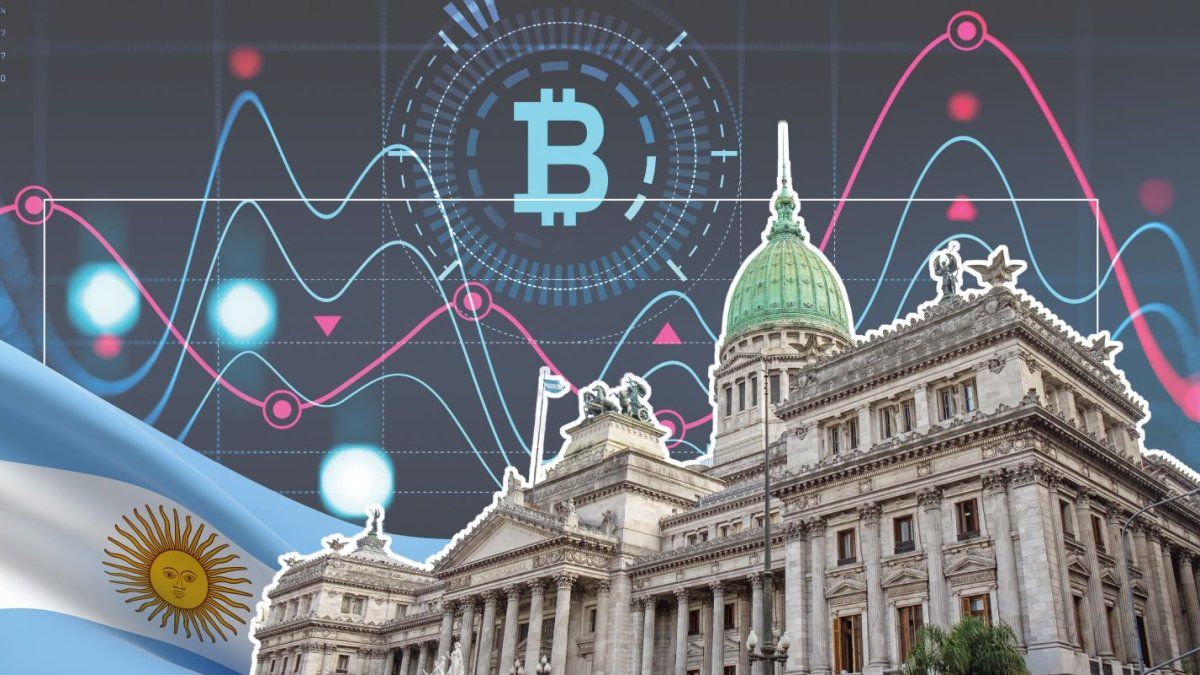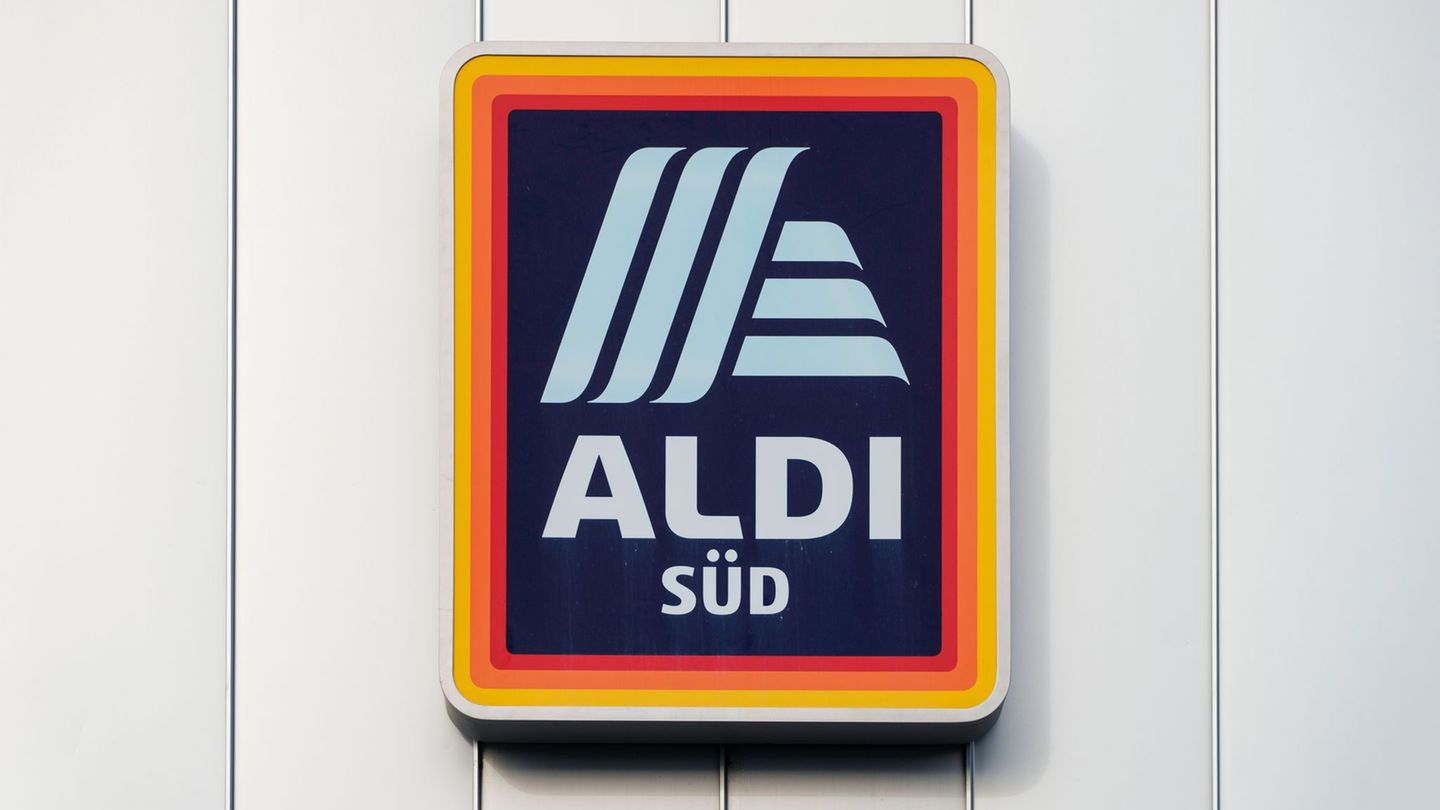One of those that opposes is that of the Bitcoin NGO, who urged the CNV to abandon the project that seeks to create the PSVA Registry. The non-profit organization identified “two serious risks” associated with the proposed regulation: one is that the new regulations could introduce changes that disrupt the normal functioning of a sector that already operates adequately, resulting in inefficiencies rather than improvements.
And, on the other hand, it highlights that the regulation could create an erroneous perception among users that they are more protected and supervised “thanks to the CNV seal”, when in reality the crypto market is risky, asymmetric, global and difficult to completely regulate. “This could be counterproductive for the users themselves and the CNV,” warns the letter sent by the organization to the regulator of the Argentine financial market.
The background of the matter
Meanwhile, the “exchanges”who represent the industry, respect the position of the NGO Bitcoin, which brings together cryptocurrency users, given that the synergy of the crypto ecosystem is more than optimal, but they consider that the sector must grow hand in hand with regulation and believe that will do it”more inclusive”.
In this framework, the exchanges ensure that the NGO is “maximalist”- a term the organization is comfortable with. Reconciling these two positions is difficult, although they coincide on some points. “We always maintain that self-custody should not be prohibited, nor should decentralization be pursued. But centralized exchanges need to comply with certain regulations to avoid problems like those of FTX and to protect users. In the end, the latter are the ones who suffer. the consequences of not complying with the regulations,” he told Scope a high source of local industry.
Hence, the Bitcoin NGO seeks to prevent the retail investor and the banks, for example, are placed on the same stock exchange. And the crypto exchange houses that operate in the country share the maximalist ideology of the NGO, but admit that they are “cryptocurrency banks and they must be regulated as such”.
Therefore, the question that arises is whether this regulation is necessary in a market that is already operational or not. On the one hand, establishing clear rules can strengthen transparency, protect users and ensure market stability, building trust for both investors and the industry.
But, on the other hand, strict regulation can act as a barrier to entry for new entrants, particularly for companies that do not have the necessary resources to comply with the requirements established by the CNV. Additional compliance costs and administrative complexity would ultimately deter new entrepreneurs, limiting innovation and competition.
The main points that question the regulations
Ricardo Mihurapresident of the NGO Bitcoin, comments in statements to this medium that regulation is good only for PSAVs that have a volume and profitability that allows them to incorporate “this new regulatory cost.”
And for Mihura, the regulations “naturally” restricts competition, concentrates the market and allows for endless regulations to be foreseen in the future. It emphasizes the advance of greater state intervention in an ecosystem that “was born free, from pure private initiative and as something different and superior to the centralized financial and monetary system.”
For its part, the exchange industry source analyzes that they understand that the Bitcoin NGO has a philosophy based on decentralization, but the reality is that “exchanges are a “pink elephant” in this ecosystem, since we are entities centralized.”
bitcoin cryptocurrencies
The adoption of Bitcoin and other cryptocurrencies is growing more and more in Argentina.
freepik.es
“We defend the regulation for virtual asset service providers (PSVA), which includes cryptocurrency exchanges,” he explains. Virtual asset services encompass not only to crypto brokerage housesbut a variety of innovations, such as the tokenization of assets and other technological developments that allow the creation of traceability systems, such as a digital identity traceable on the blockchain, which could serve, for example, as a digital ID.
Therefore, regarding the regulation of the CNV, the source comments, “we do not see anything illogical in what is being proposed.” And he adds that it is a trend that happens at a regional and global level. “What happens is that, on the other side, you have more philosophical people, who continue with an ideology. We are no longer there. Now we have become a serious industry. If you really want to do things right and give security to your clients, you have to comply with the regulations,” he slides.
A common point: they ask to review the amounts established by the crypto regulations
The crypto industry source noted that “We are aligned with what is being proposed by the NGO”. What it refers to is the amount from which the regulations dictated by the CNV must begin to be complied with.
“What we ask from all exchanges is that the amounts at which they must comply with the regulations be raised, since the amount of minimum equity required is an obstacle,” he comments.
The lawyer spoke about this Manuel Poncesecretary of the Board of Directors and member of the Regulatory Framework Commission of the NGO, who maintained that “the subjects exempt from registration obligations They cannot be limited to those who operate less than US$35,000 per monthsince it would leave out practically all SMEs and self-employed workers in the sector, given that with the profitability of such a small business it is impossible to face the regulatory costs.”
The organization emphasizes a key aspect in its proposal presented to the CNV and that is that cryptoasset exchange platforms operate at a global level and scale, Therefore, “it is not credible that the CNV can guarantee Argentine users that the operations and the cryptoassets traded in them will be supervised, nor the honesty of the projects.”
The position of the CNV regarding the crypto controversy
What does the CNV say about it? From the organism that leads Roberto E. Silva they pointed to Scope who are in the process of analyzing all the comments received through the public consultation. The final regulation It would be ready for the first quarter of 2025.
Pending the final document of the CNV, opinions on the regulation of cryptocurrencies at the national level are already divided between defenders and detractors. This debate can be interpreted as a positive sign of the progress of the local market, that has matured enough to allow these discussions.
Furthermore, it reflects the growing relevance of digital assets, which have even influenced large-scale political processes, such as the US presidential elections.
Source: Ambito
I am a 24-year-old writer and journalist who has been working in the news industry for the past two years. I write primarily about market news, so if you’re looking for insights into what’s going on in the stock market or economic indicators, you’ve come to the right place. I also dabble in writing articles on lifestyle trends and pop culture news.




